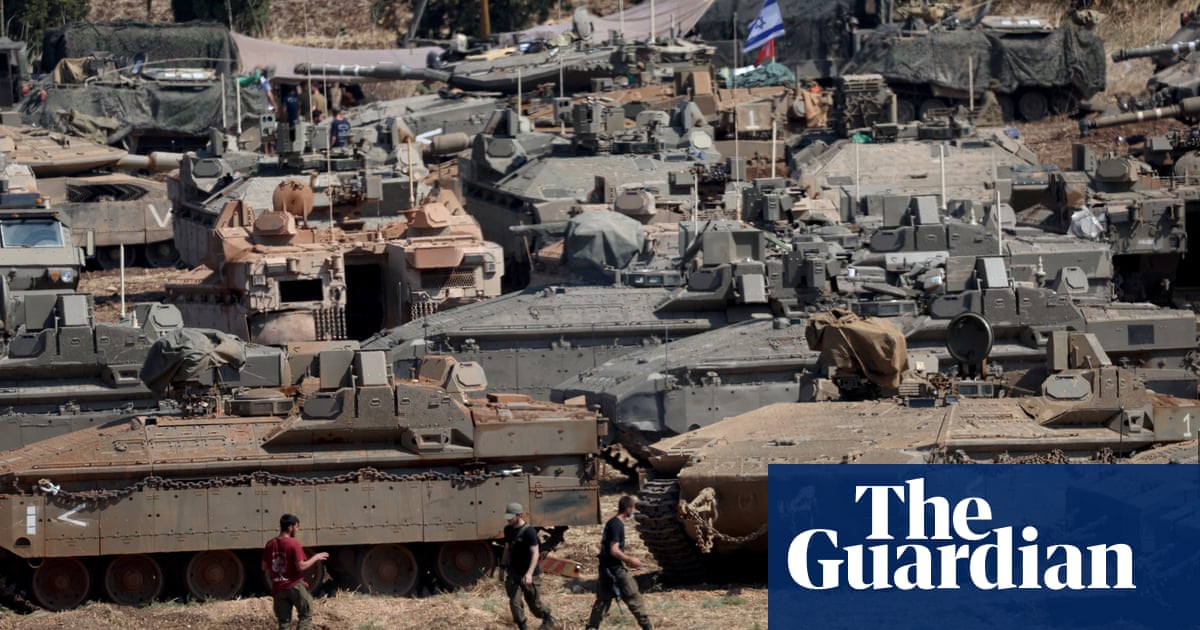As Israelis approached the beginning of the high holy days last week on the eve of Rosh Hashanah, the news began to circulate. Several IDF units fighting on the border with Lebanon had taken casualties in at least two different locations. Soldiers had died in combat, and many were wounded.
The confirmation of the wounded and dead, if not the circumstances served as a stark reminder for Israelis of the blows that come in war, even as Israel’s punishing air offensive has killed hundreds of Lebanese and wounded more. The soldiers’ deaths came after two weeks in which Israel struck a series of blows against Hezbollah, including the assassination of the group’s leader, Sayyed Hassan Nasrallah, and most of the top leadership.
Underlining that sense of hazard was another story that revealed itself slowly last week: how the wave of Iranian missiles launched against Israel had not been as inconsequential as initially claimed by Israel’s leadership, and instead shown that a large-scale strike could not only overwhelm Israel’s anti-missile defences but thatTehran could accurately explode warheads on the targets it was aiming for, in this case several military bases.
All of which raises serious questions as Israel prepares for a “significant” military response to Iran for the its missile attack.



You may be right. This is all pure conjecture on my part. Biden is clearly too weak to stand up against them, or else he would have months ago. Harris seems to be trying to walk a fine line in not pissing off both ends of this conflict so she doesn’t lose any more votes. Of course, Netanyahu is making sure that this screws her over even more as he commits more and more war crimes, and those demanding a ceasefire get even more pissed.